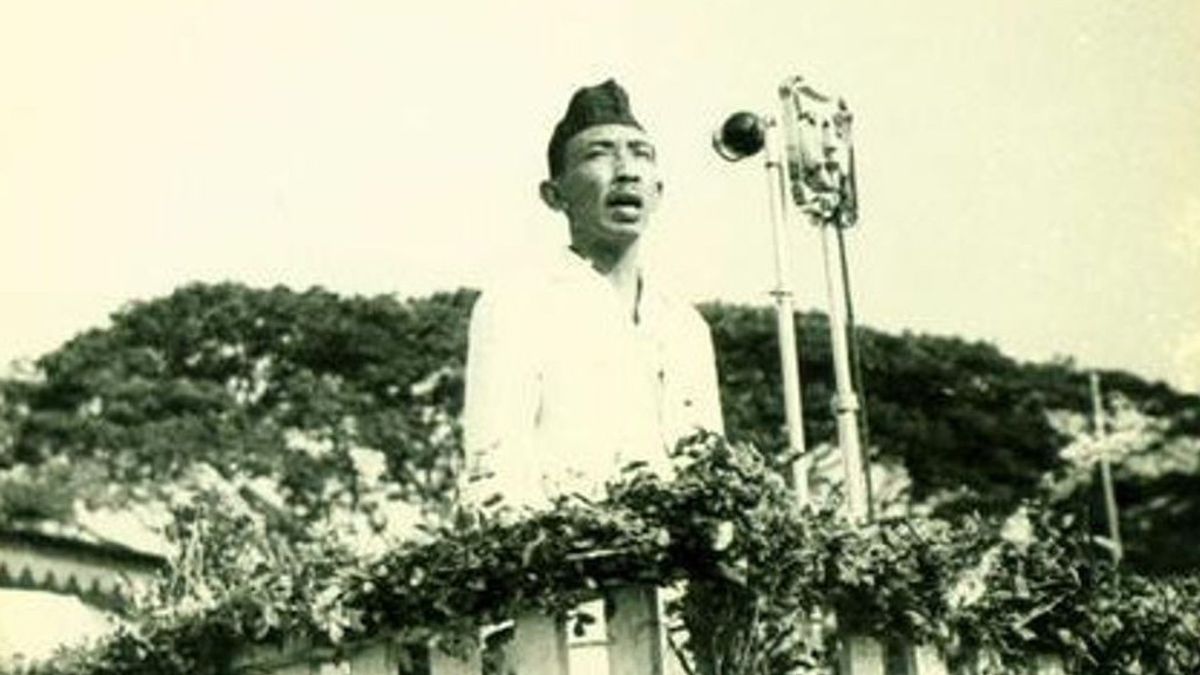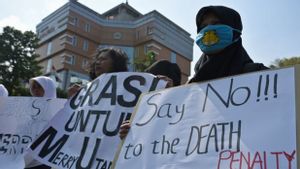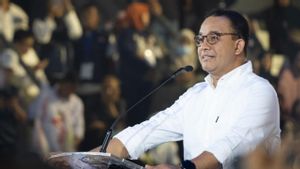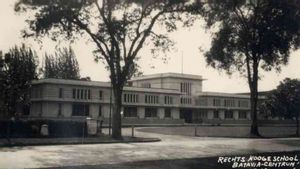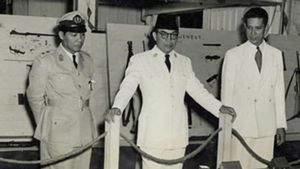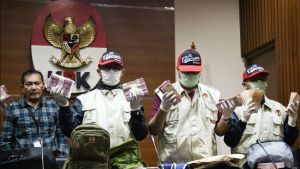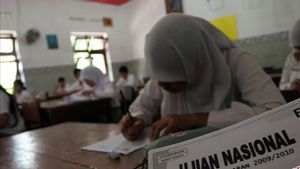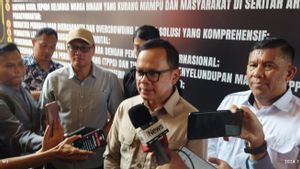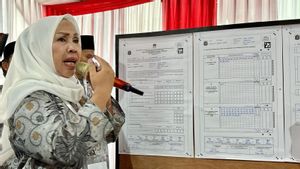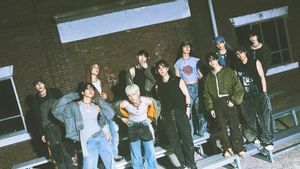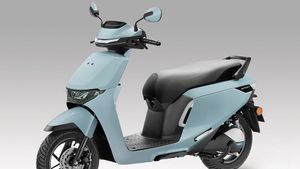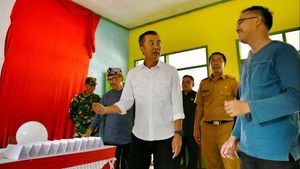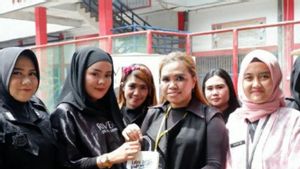JAKARTA History today, 94 years ago, July 29, 1929, the Attorney General of the Dutch East Indies, RJM Verheijen called the independence fighter Iwa Kusmasumatri a dangerous figure. He revealed the narrative in a report to the Governor General Andries Cornelis Dirk de Graeff.
He even asked Iwa to be punished with preventive or exile. Previously, Iwa's footsteps as a freedom fighter often troubled the Dutch. he not only troubled the Dutch colonialists in the archipelago, but also troubled the authorities in the land of the Windmills.
No one denies Dutch East Indies Doctor School, STOVIA as the home' of the movement people. However, the issue of national movement was not only born to STOVIA. Some of the freedom fighters were also born to Batavia Law College, Rechtshoogeschool (RHS).
Iwa Kusumasumatri, for example. Education in RHS is utilized properly by Iwa. Regarding law and history, especially. The lesson made his soul as an bumiputra turbulent. He then chose to'm Waq' his life in the world of movement.
He joined the national movement organization Jong Java. Iwa then met other freedom fighters such as Sartono to Raden Said Soekanto. Iwa is considered to be active in taking his time to organize.
However, the organization did not make Iwa forget his obligations as a student. He was able to complete his education in 1921. The graduation allowed him to have a career at Landraad (state office) to Raad van Justitie (state office).
The work made him even more sensitive to the condition of the Indonesian people. Iwa began to'manage' hatred for colonial practices. The hatred was expressed to practice, not to the Dutch. Because oppressing is a disgraceful act, let alone oppressing the host.
"Like STOVIA, RHS has also become a gathering place for movement figures. Among them are Mr. Sartono, Iwa Kusumasumantri, Soesanto Tirtoprojo, Iskaq Tjokrohodisurjo, Soepomo, Tengkoe Moehamad Hasan, Mohammad Roem, and Santoso Wirjodihardjo," said Ambar Wulan and Awaloedin Djamin in the book General Police RS Soekanto Tjokrodiatmodjo (2016).
Iwa's struggle continued to the Netherlands. Everything was because Iwa studied at Leiden University. Iwa then joined the Indonesian Association (PI). Even he began to deepen regarding communism. Moreover, at that time he was recorded as close to Semaun.
Iwa also took full advantage of the knowledge of others studying in the Netherlands. He returned to Indonesia in a burning spirit. He chose the city of Medan as his place of struggle and work. There, he founded the newspaper Matahari Indonesia. The newspaper became the mouthpiece of its struggle to support the workers and criticize the Dutch.
SEE ALSO:
The Dutch began to be disturbed by Iwa. Moreover, he is known to be able to mobilize workers in Medan. The Dutch then arrested Iwa. However, because it was too dangerous, Dutch East Indies Attorney General RJM Verheijen called Iwa a figure who had to be sentenced to exile.
He advised the Governor General of the Dutch East Indies Andries Cornelis Dirk de Graeff to give Iwa a preventive sentence on July 29, 1929. He was later exiled to Banda Neira in 1930.
Iwa thus, was arrested for his history. His central position in the activities of Indonesian associations in Medan has made him suspected and because the government found him an easy target to eradicate Europeans in Deli and in other parts of the Dutch East Indies.
"On July 29, the Attorney General asked the Governor General to detain Iwa in preventive detention, because of communist propaganda that has been carried out since 1924 in Amsterdam, political activities in East Sumatra, and with respect to the Anti Imperialist League. Justified by this reason, the administrative process to make Iwa began," explained Takashi Shiraishi in the book Hantu Digoel: Political Political Security of the Colonial Age (2015).
The English, Chinese, Japanese, Arabic, and French versions are automatically generated by the AI. So there may still be inaccuracies in translating, please always see Indonesian as our main language. (system supported by DigitalSiber.id)
